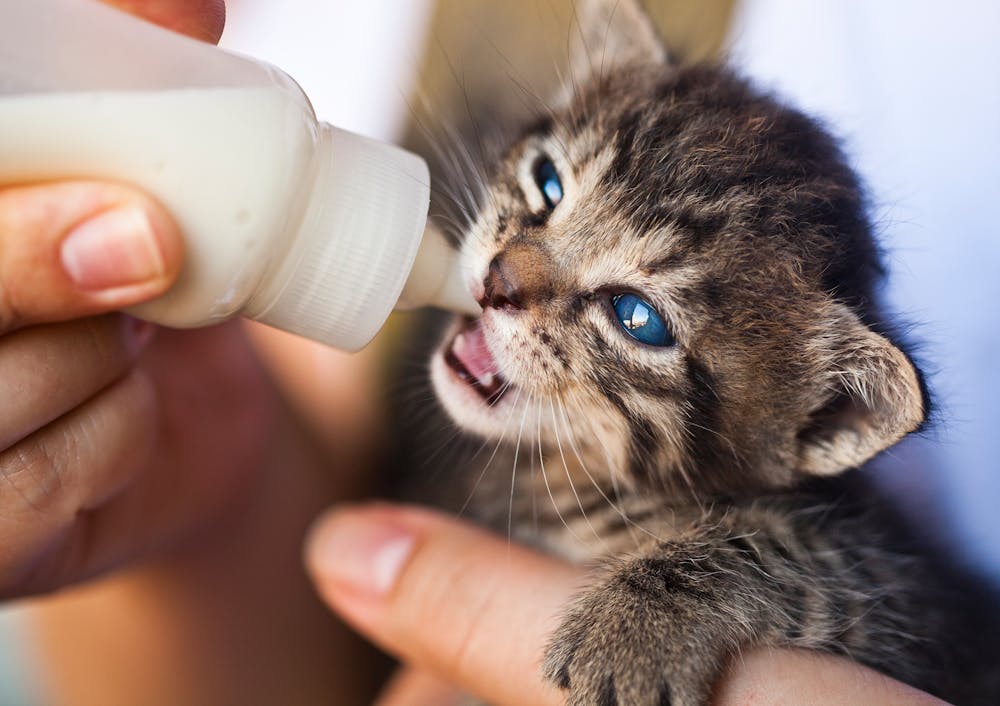For many older adults, pets aren’t just animals; they are cherished companions that bring joy, purpose, and a sense of connection to their lives.
In a country like the US, where isolation is rampant among seniors, pets make life easy and meaningful. A Jama Network report cites that isolation among the 50-80 group surged from 26.6% in 2018 to 55.7% in 2020. Although this was mainly due to the pandemic, the situation is still worrisome.
If you are an aging adult struggling with loneliness, adopting a dog or cat can bring you solace and good company. Moreover, the benefits of pet ownership for seniors are well-documented. Having them around can improve cardiovascular health, enhance mobility, and reduce stress.
However, as you age, looking after your furry companion may become challenging. You will have to adapt your pet care practices to ensure comfort. This article outlines practical pet care strategies designed to make pet ownership easier for older adults.
Simplify Daily Care
Pet parenting is hard work, and there is a long list of chores one needs to follow every day. According to PetMD, this includes feeding, training, grooming, taking it for a walk, and cleaning after your pet. Besides these daily tasks, you must also stay regular with vet visits. For an aging adult, this checklist can appear daunting.
You can simplify the process by implementing a few steps. Invest in automatic feeders and water dispensers. These devices ensure anytime access to food and water for your dog or cat. They also ease your life if you have mobility issues or tend to forget things. Cat owners can bring self-cleaning litter boxes to reduce the physical demands of pet care.
If you want to adopt a pet, consider an animal or breed that is calmer and requires less maintenance. This will reduce your duties from the outset and make the experience enjoyable.
Stay on Top of Pet Health
Your pet’s health should be a priority, even if you face age-related challenges. CareCredit notes that proper care can prolong its lifespan, improve the quality of life, and keep it healthy throughout. Ideally, dogs and cats should be taken to the vet for annual exams when they are young. Aging or sick animals may require more frequent visits.
Even as vet visits may seem taxing, you must take your fur baby for check-ups, vaccinations, and health screenings. Also, keep a calendar for pet medication schedules to ensure regularity. If you are prone to memory lapses, use reminders or apps to ensure you don’t miss doses.
Besides vet care, regular grooming visits also matter when it comes to the well-being of your pooch. Schedule grooming appointments for proper hygiene and comfort. Seniors may also learn to groom them at home to stay happy and engaged.
Seek Professional Help
As you age, you may struggle with the physical responsibilities of raising a pet. From everyday grooming to walking and taking it for appointments, these tasks may get exhausting for your aging body.
Fortunately, help is available in the form of professional services. A dog walker will charge you an average of $20 per 30-minute walk, depending on its breed and activity level. The cost may range between $10 and $35, notes HomeGuide. If that seems like a lot, ask your loved ones or neighbors to help you with it.
Waste removal is one thing no one will probably want to handle because it is a messy chore. Just search for dog waste removal near me to find local experts who can be at your service within no time. The cost is worthwhile as you will have a clean and fresh yard to have a good time with your Fido.
Scoop Soldiers recommends seeking providers offering deodorization and sanitization services as well. They make sure that your yard is germ-free so that you or your pet does not catch any infections or diseases.
Find local veterinarians who offer house call services to reduce the stress of transportation for scheduled appointments. Look for community resources that provide assistance to senior pet owners. Food banks, discounted veterinary care, or volunteer programs can reduce the cost of ownership for seniors.
Engage in Shared Activities
According to the National Council of Aging, pets are cherished companions and they support healthy aging. It cites a survey stating that pet ownership saves a massive $23 billion annually for the American healthcare system. This is attributed to less obesity, better mental health, and fewer doctor visits.
Senior pet parents can engage in shared activities that do not take a physical toll. For example, walking and playing together can strengthen your bond and provide them with exercise and mental stimulation.
Provide interactive toys to keep them busy while you rest or go out for appointments. Even simple companionship, like sitting and enjoying each other’s company, is rewarding.
Frequently Asked Questions
Which are the best dog breeds for aging adults?
Small, affectionate, and low-energy breeds make the best canine companions for seniors. You must also choose ones that are easy to maintain when it comes to grooming and vet care. Pugs, Maltese, Shih Tzus, Bichon Frise, Havanese, Boston Terriers, and Poodles are the recommended options for aging adults.
What if I can no longer care for my pet?
Over the years, looking after your pet can get challenging, particularly if you have mobility issues. You can get in touch with local animal shelters or rescue organizations to explore options for rehoming your furry buddy. Plan ahead to ensure continued care in the event of your own health challenges.
How can technology help ease pet care for seniors?
Technology can offer simple solutions to complex and heavy-duty pet care tasks. For example, you can use automatic feeders and dispensers for feeding tasks. Vet appointments can be scheduled through mobile apps. Seniors can also use telehealth services to get vet services at home.
Aging brings several challenges, but it does not mean that you need to part ways with your furry companion. Many seniors worry about this as they lose mobility, memory, and independence. You can ease the burden of pet care with these simple steps and enjoy their company throughout your golden years.


